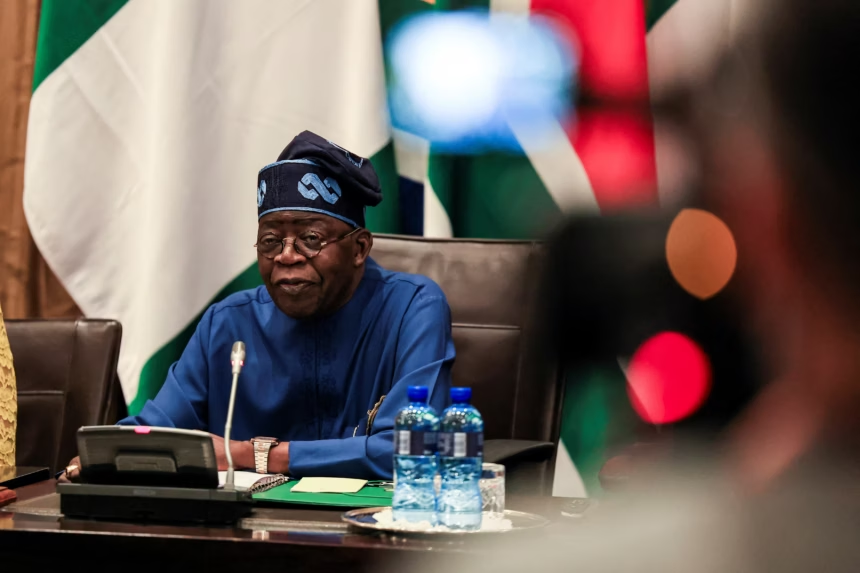President Bola Ahmed Tinubu has officially enacted the Investments and Securities Act (ISA) 2025, a significant legislative measure aimed at bolstering the regulatory framework of Nigeria’s capital market. This new law repeals the previous Investments and Securities Act No. 29 of 2007, introducing comprehensive reforms to enhance market integrity, transparency, and sustainable growth.
The Securities and Exchange Commission (SEC) has been reaffirmed as the apex regulatory authority of the Nigerian capital market under the new Act. The ISA 2025 grants the SEC enhanced powers comparable to global securities regulators, ensuring full compliance with the International Organization of Securities Commissions’ (IOSCO) Enhanced Multilateral Memorandum of Understanding (EMMoU). This compliance enables the SEC to retain its “Signatory A” status, thereby boosting investor confidence and the overall attractiveness of Nigeria’s capital market.
Key provisions of the ISA 2025 include:
– Classification of Securities Exchanges: The Act introduces two categories—Composite and Non-composite Exchanges. Composite Exchanges can list and trade all categories of securities and products, while Non-composite Exchanges focus on a singular type of security or product.
- Advertisement -
– Recognition of Digital Assets: The legislation explicitly classifies virtual/digital assets and investment contracts as securities. This brings Virtual Asset Service Providers (VASPs), Digital Asset Operators (DAOPs), and Digital Asset Exchanges under the SEC’s regulatory oversight, aligning Nigeria’s market operations with international best practices.
– Regulation of Commodities Exchanges and Warehouse Receipts: A new section in the Act provides for the regulation of Commodities Exchanges and Warehouse Receipts, facilitating the development of the entire commodities ecosystem.
– Prohibition of Unlawful Investment Schemes: The Act expressly prohibits Ponzi schemes and other unlawful investment schemes, prescribing stringent jail terms and other sanctions for promoters of such schemes.
With these reforms, Nigeria’s capital market infrastructure will be modernized and attract both local and foreign investments.









